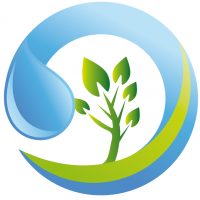
Merrimack River Medical Services - Portland
Drug Rehab Center in Portland, Maine
- Substance Abuse
- Opioid Addiction
- Drug Addiction
Merrimack River Medical Services - Portland, located in Portland, Maine, is an addiction treatment center that offers evidence-based treatments for substance use disorder and opioid use disorder, with various levels of care, personalized compassionate care, and services such as medication management, counseling, crisis services, and holistic therapy, while being accredited and licensed.
About Merrimack River Medical Services - Portland in Maine
Merrimack River Medical Services in Portland, Maine, specializes in outpatient treatment for individuals grappling with opiate addiction. Their approach combines medication and counseling, focusing on treating addiction as a comprehensive bio-psychosocial disease. They stand out by fostering an environment of dignity and respect, aiming to improve clients' quality of life through efficient and effective treatment.
- Personalized Treatment Plans: Tailored to address the multifaceted nature of addiction, ensuring a more effective recovery process.
- Encouragement of Support Group Participation: Patients are motivated to engage with AA and NA groups, enhancing their recovery journey.
- Accredited and Recognized: With certifications from CARF, SAMHSA, and a State License, ensuring high-quality care and adherence to best practices.
Merrimack River Medical Services holds accreditations from CARF, SAMHSA, and is licensed by the State of Maine, reflecting their commitment to excellence in addiction treatment. Their individualized treatment plans, which combine medication with counseling, are designed to effectively address both the physical and psychological aspects of opiate addiction.
This facility focuses on treating addiction to prescription pain medications, heroin, and fentanyl through a variety of methods including medication-assisted treatment to alleviate withdrawal symptoms and reduce cravings. They offer outpatient care, emphasizing the importance of a supportive environment throughout the recovery process.
Genders
Ages
Modality
Additional
Accreditations
State License
SAMHSA

CARF
The Commission on Accreditation of Rehabilitation Facilities (CARF) is a non-profit organization that specifically accredits rehab organizations. Founded in 1966, CARF's, mission is to help service providers like rehab facilities maintain high standards of care.
Conditions and Issues Treated
Substance abuse creates problems that affect people in Portland, ME on many levels. First, substance abuse affects the individual who is abusing drugs or alcohol. This can result in health problems, including heart damage and overdose. Substance abuse also affects the user’s family, friends, co-workers, classmates, or peers. These people feel frustrated because they do not know how to help their loved ones struggling with addiction. At the same time, the addict cannot control his behavior. Lastly, friends and family members of addicts are affected financially by substance abuse.
The good news is that effective treatments can help prevent substance abuse or treat its effects on the user. These treatments, which include behavioral therapy and counseling sessions, target the underlying causes of substance abuse, helping users achieve sobriety so they can regain control over their lives. They also teach users to cope with stress in ways other than using drugs or alcohol.
Opioid addiction has become a significant health problem in the United States. When a person’s life becomes unmanageable because of an opioid addiction, treatment can help them get sober. Treatment includes medical care and counseling.
“With so many people struggling with opioid addiction, we need more care and attention for those who want to quit. Opioid addicts often take opioids when they experience a painful injury – that’s how the cycle starts! When someone begins taking their medication differently than prescribed or takes an excessive amount of drugs, it means they’re hooked on drugs and in danger of overdosing.
The most successful way to beat this is through detoxing from these types treatments at Merrimack River Medical Services - Portland in . Most facilities start by using medical support during the process while providing counseling services; rehabilitation comes later on after treatment has been completed successfully.
Levels of Care Offered
This center offers a variety of custom treatment tailored to individual recovery. Currently available are Aftercare Support, Detox, Drug Rehab, Outpatient, with additional therapies available as listed below.
The first level of recovery is detox. It involves giving a person the opportunity to get the toxins out of their body safely. The individual receiving treatment at Merrimack River Medical Services - Portland typically will get ill during detox, and they will often start using again to get rid of unpleasant emotions and complicated physical responses. It is why having a Maine medical professional present is so critical. A medical professional can make sure that patients do not start using again during detox and stay physically healthy during the process. They will also have treatment on a mental level to relieve their symptoms and guide them through the process.
Outpatient programs at Merrimack River Medical Services - Portland, the Portland resident can live with their family while continuing with their job or studies. Treatment includes educating the patient on drug abuse, medications, and counseling sessions at the individual or group level. Outpatient treatment plans cover diagnosis, detoxification, management, and counseling. They are a popular option for those who have graduated from inpatient facilities.
Without aftercare support, addicts can easily relapse back into addiction. It is crucial to integrate the addict back into society. Aftercare support should take place after outpatient treatment has ended.
There are a few different types of aftercare support that patients can seek after completing an inpatient treatment program:
- 12 Step Self-help groups (AA, NA)
- Therapeutic communities,
- Long-term, structured sober living arrangements
- Halfway houses (residential treatment centers)
Many different support groups exist for addicts to seek help after treatment. Some are more effective than others, depending on the person’s addiction, background, and other factors.
Therapies & Programs
Individual therapy is a form of counseling where you meet with a trained professional one-on-one. Meeting with a therapist in this setting allows for a personal and trusting relationship to be built. This allows the patient to open up about sensitive or private issues they may not feel comfortable discussing in a group. Individual therapy helps identify the root causes of your addiction, which can help prevent relapse.
Family therapy is often done alongside drug treatment to help addicts stay sober. The goal of family therapy for drug addiction is to create an environment where communication can happen without judgment, hostility, or blame. The therapist will sit with the family so they can learn how to communicate differently and provide new tools for dealing with emotions so that people don’t want to drink or do drugs. It’s important for families to focus on relapse prevention plans during treatment so that if the addict feels like they want to use again, they’ll know what steps they need to take together to prevent it from happening again in the future.
Group therapy sessions are another common addiction recovery service. These group sessions typically involve six to 12 addicts who meet regularly with a trained professional for support and guidance.
During these sessions, the group shares their experiences with one another and provides feedback that can help each member avoid relapse or overcome specific obstacles they are facing in their recovery process. With this type of support and guidance, addicts can feel like they are part of a community that understands their struggles and will help them get through the hard times.
Payment Options Accepted
For specific insurance or payment methods please contact us.
Is your insurance accepted?
Ask an expert, call (888) 674-0062
Merrimack River Medical Services Associated Centers
Discover treatment facilities under the same provider.
Learn More About Merrimack River Medical Services Centers
Additional Details
Specifics, location, and helpful extra information.
Portland, Maine 4102 Phone Number(207) 221-2292 Meta DetailsUpdated April 15, 2024
Staff Verified
Merrimack River Medical Services - Portland Patient Reviews
There are no reviews yet. Be the first one to write one.

Location
2300 Congress street
Portland, ME 4102
(207) 221-2292
Accreditations



Merrimack River Medical Services
Language
Quick Reference
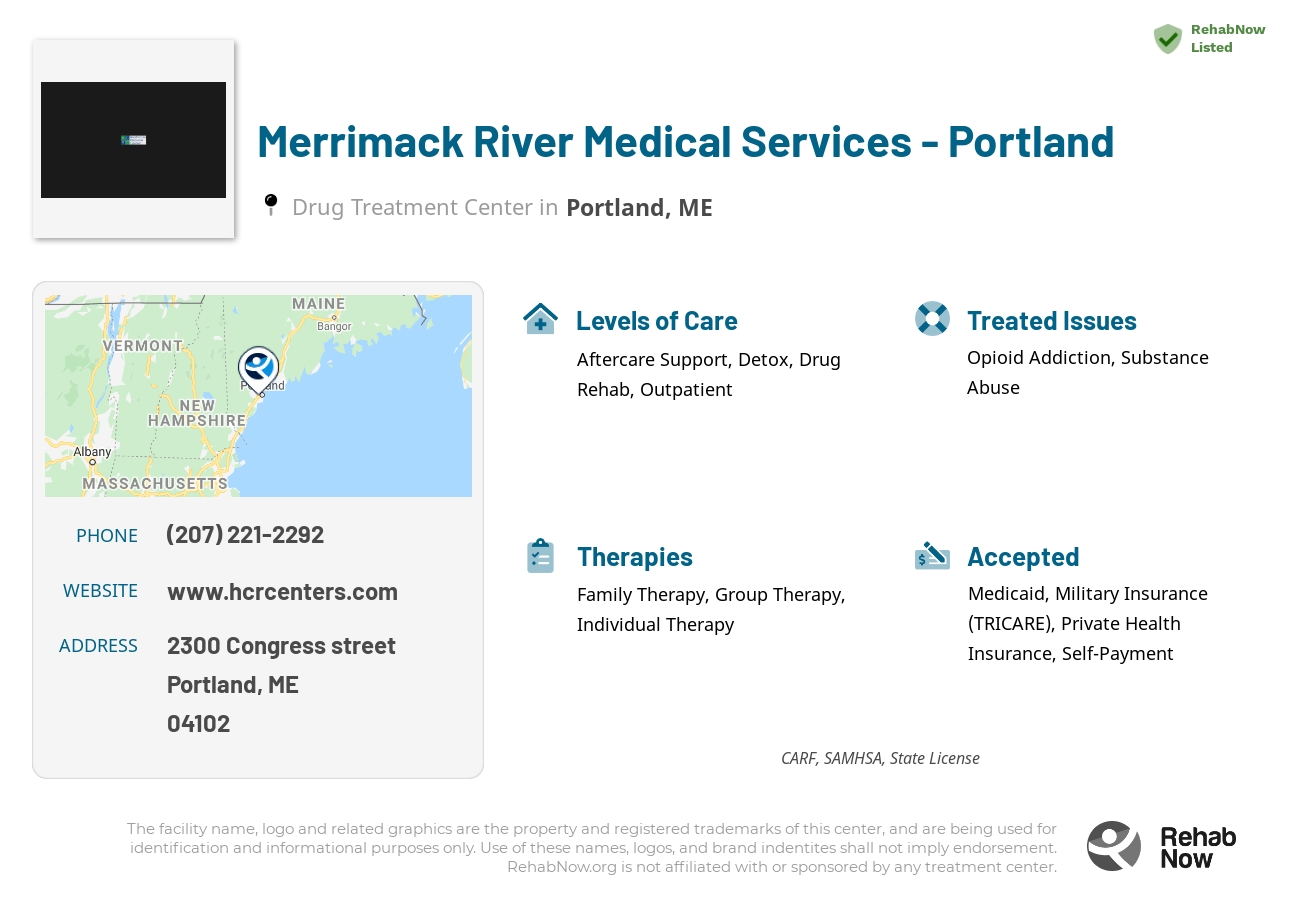
- About Merrimack River Medical Services - Portland in Maine
- Accreditations
- Conditions and Issues Treated
- Levels of Care Offered
- Therapies & Programs
- Payment Options Accepted
- Merrimack River Medical Services Associated Centers
- Additional Details
- Merrimack River Medical Services - Portland Patient Reviews
Portland, Maine Addiction Information
Prescription opioid abuse is the most common form of substance abuse in Maine. More than 10% of these residents have also admitted to using prescription drugs for non-medical purposes. Between 2013 and 2014, 4 out of every 5 deaths in Maine were caused by illicit drugs. One in five high school students in Maine uses marijuana every single month.
More than 5,000 individuals struggling with drug addiction in Portland, Maine. In 2015, 11.5% of people over the age of 12 had used an illicit drug. The most commonly abused drugs in Portland are marijuana, cocaine, and heroin. Drug-related crime costs the Portland community $100 million each year. There are several treatment options available in Portland. The most common type of treatment is inpatient rehab.
Treatment in Nearby Cities
- Waldoboro, ME (56.8 mi.)
- Stetson, ME (104.2 mi.)
- Brewer, ME (111.2 mi.)
- Buxton, ME (9.3 mi.)
- Kittery, ME (43.8 mi.)
Centers near Merrimack River Medical Services - Portland
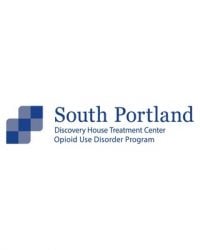
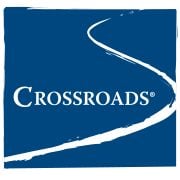
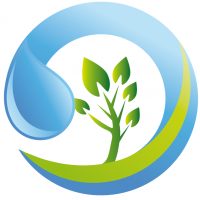
The facility name, logo and brand are the property and registered trademarks of Merrimack River Medical Services - Portland, and are being used for identification and informational purposes only. Use of these names, logos and brands shall not imply endorsement. RehabNow.org is not affiliated with or sponsored by Merrimack River Medical Services - Portland.


